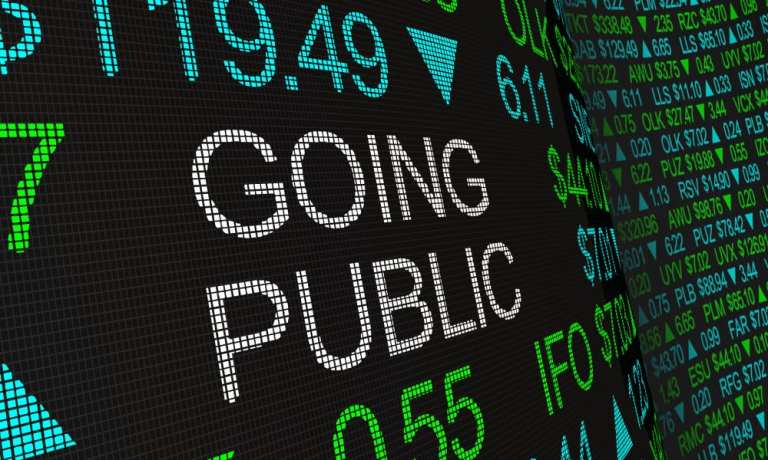Study: Tech Unicorns Overvalued By Nearly 50 Percent

Price is what you pay, value is what you get.
And when it comes to investing, the two may not always converge.
As stock markets sit at what seems to be continuously new highs, it’s worth considering an old cartoon that ran long ago: A broker, seated behind a desk, is shouting into the phone:
“What’s the valuation? What’s the valuation? The markets are going up, that’s the valuation!”
A rising tide does not, of course, lift all boats – at least not in a sustained fashion. Among the tech unicorn space, there are those that have seen busted IPOs (Uber, for example) and IPOs that busted and never were (WeWork is the poster child here).
And coming into 2020, where doubtless new listings will be pursued – and where investors clamor for shares in previously private companies that promise to disrupt the ways we pay and do business, in the U.S. and abroad – the age of the unicorn may be far from over.
But according to a recent paper – titled “Squaring Venture Capital Valuations with Reality” – that appears in the Journal of Financial Economics, private investors pay up for the privilege to be investors, by about 48 percent. That’s the premium calculated by the paper’s authors, Will Gornall of the University of British Columbia and Ilya A. Strebulaev of Stanford University’s Graduate School of Business.
The authors state in their paper that they developed a valuation model for venture-backed companies and applied it to 135 U.S. unicorns with reported valuations above $1 billion.
“One thought to be rare, as of mid-2017, there are more than 100 unicorns in the U.S. and more than 100 in other countries,” the authors state. And along the way, the interest in VCs as an asset class has been growing, as large U.S. mutual funds have been investing directly in unicorns, and third-party equity marketplaces have been allowing individual investors to invest in those unicorns as well.
And, reflecting on the various stages of funding rounds (and types of funding), the authors state that of the 135 unicorns examined, ”the average post-money valuation is $3.3 billion, and the average unicorn is overvalued by 48 percent.” Common shares, according to the paper, are even more overvalued, at 56 percent. As many as 14 unicorns were estimated as being more than 100 percent above fair value.
It should be noted that common shares, which lack the protections of other share classes that, for example, issue extra shares if IPOs come below a certain threshold, are relatively more overvalued. Strip those “value-inflating terms” away, said the authors, and nearly half of the unicorns lose their unicorn status.
The valuation question hangs over these tech upstarts, and recently has been in focus at Davos.
As reported, David Solomon, CEO of Goldman Sachs, has defended his own firms’ involvement in what ultimately was the failed process of taking WeWork public. At a panel discussion, he said that “ultimately, there’s a diligence process, there’s a proving out process, there, at times, are meetings with investors beforehand, and that process grounds to reality. I think that’s a great example of the process working. It might not have been as pretty as everybody would like it to be.”
Solomon also said that investors had a tendency to “overvalue growth and undervalue the future value of earnings that a company may provide.”
Which boils down a maxim for Main Street investors: You pay your money, you take your chances. The private investors can ink safety nets, which in turn can translate into higher valuations … which then sends Wall Street climbing a wall that can be termed fear of missing out (FOMO). Lather and repeat.